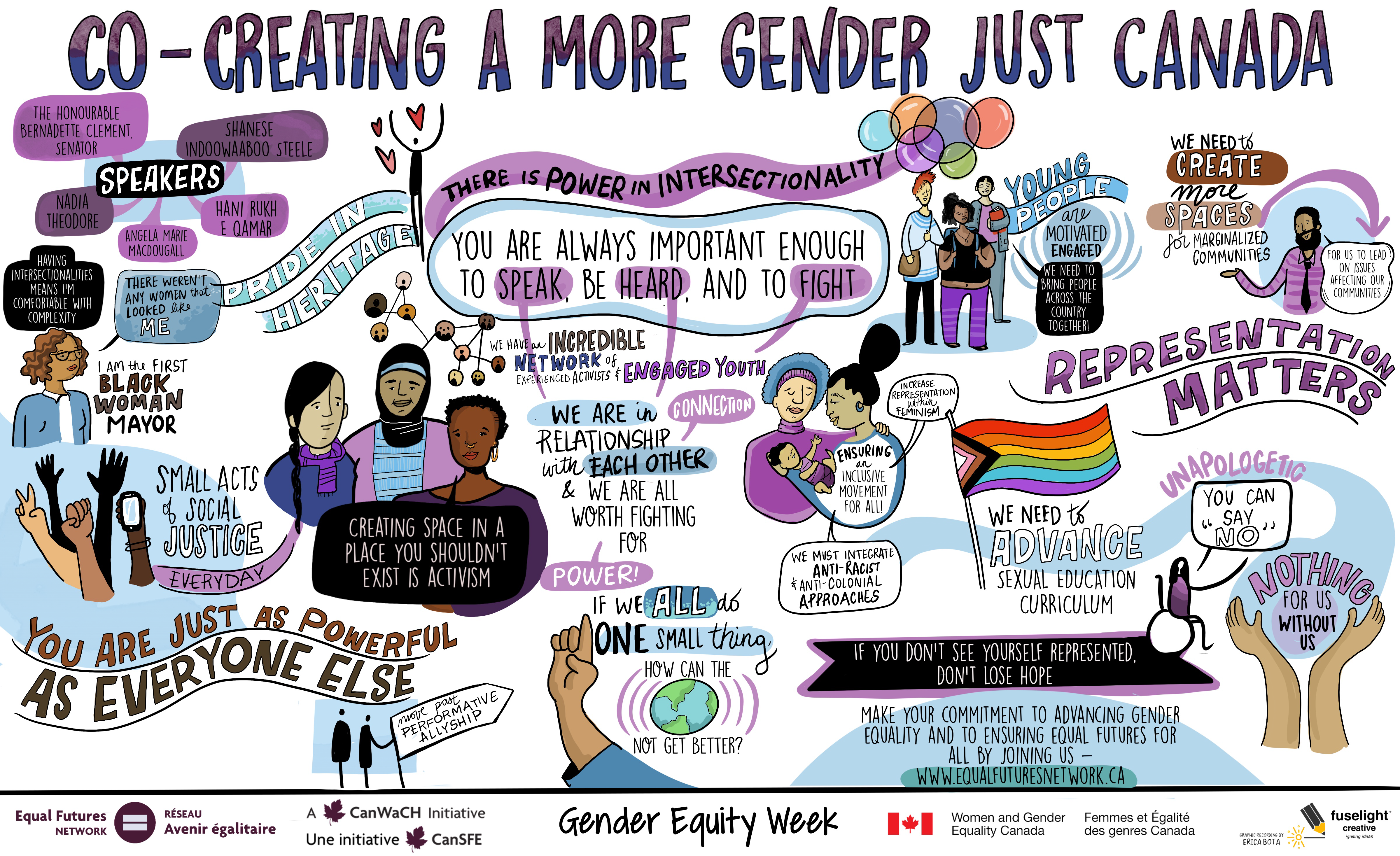
When it comes to financial literacy there are many aspects that contribute to the overall understanding of why it matters and how it can impact your life. At a high level, financial literacy is the “ability to understand and effectively use various financial skills, including personal financial management, budgeting, and investing.” To some, this can mean navigating the stock market, saving for retirement, or simply trying to get by with all the bills paid. Most people’s level of knowledge is determined by their education and upbringing.
Impacts on Financial Literacy
People experience money differently. Things outside of your control like family structure, socioeconomic status, race, gender, neighbourhood, school, parent’s education level, where you were born, and the list goes on, have a major influence on the type of relationship you have with money and your level of financial literacy.
This is why, for many, the original foundations of financial literacy are irrelevant. For instance, talking about the optimal savings rates to a Registered Retirement Savings Plan (RRSP) without considering the impact that maternity leave or caretaking responsibilities have on a person’s financial independence is inequitable. Women disproportionately take on caregiving duties and it’s estimated that 30% of women in Canada are caretakers at some point in their life. This role has emotional, physical, and financial impacts for women: 38% reported a decline in their overall health, 33% of working women decreased work hours, and 29% passed up a job promotion or assignment in order to fulfill responsibilities at home.
There is also a need to look at racial wealth disparity, a phenomenon where Black, Indigenous and People of Colour (BIPOC) are systemically prevented from building wealth through a variety of different policies and structural inequalities. A report from the Conference Board of Canada showed that for every dollar earned by a white worker, Black workers earned about 80.4 cents. This is important because, “a difference in wages means a difference in the ability to save and invest—amplifying the wealth gap over time”. Out of all ethnocultural groups, Black workers are most likely to be the “working poor” despite low unemployment levels and robust job markets.
These are just two examples of how the realities of many people’s lived experiences are noticeably missing from traditional financial advice and is why an intersectional feminist approach to finance is so important. Multiple barriers and systemic oppression can compound and impact a person’s access to opportunities but when you incorporate an intersectional feminist lens to personal finance it is clear how issues of sexism, gender bias, homophobia, ableism and racial discrimination, etc. perpetuate and uphold the financial system. By reading, engaging, and finding communities of people seeking information, personal finance can be a lifelong pursuit of knowledge rather than a burden.
Recommended Resources
Once you start to recognize the inequalities, it can be easy to become overwhelmed or a cynic. Below are a few resources that break down complex issues in a simple and engaging way.
Invisible Women by Caroline Criado-Perez uses real-life case studies to explore how data gaps across modern life negatively impact women. It explains the systems that we currently have and offers a thoughtful critique on why they’re not serving a larger section of the population, specifically women and BIPOC communities.
Btchoin, a weekly email newsletter that covers the most important Canadian financial news with a feminist perspective.
Reddit’s Personal Finance Canada thread. Yes, I’m being serious…There are good discussions, helpful resources and you can see how people living in communities across the country are managing their finances.
A Complete Guide to Investing in Your 20s
Budgets & Budgeting Tools for College Students
Accounts to Follow on Social Media
While social media can breed unhealthy comparisons and “reward flexing”, it can also foster a sense of community that may not be available to you in-person. Check out some resources and financial influencers:
How To Invest During a Period of High Inflation

Sabrina Dotsch is a marketing professional based out of Toronto. She also writes about things she cares about like financial literacy and financial feminism. When she’s not hunched over a computer you can find her reading outside in a hammock.
The Equal Futures Network acknowledges that Indigenous people are the traditional guardians of Turtle Island, on the land also known as Canada





